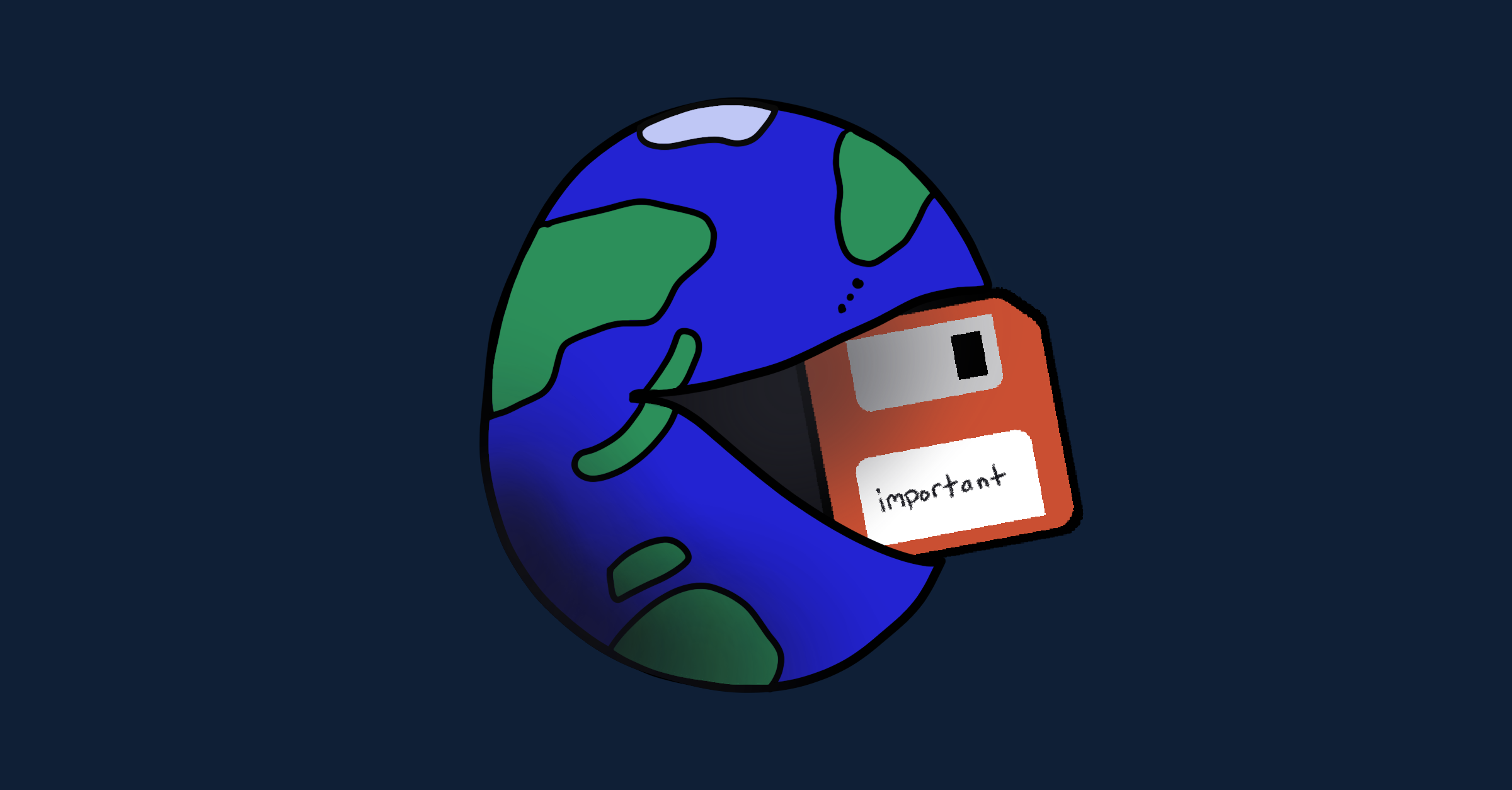The World Is Eating Software
Posted on July 1, 2024 • 4 minutes • 840 words
In 2011, Marc Andreessen famously said “software is eating the world .” The article has been interpreted many different ways over the past 13 years, but the fundamental claim is that there is so much software running so many different industries that the “software companies” should be valued higher than they are.
The article didn’t age very well because many of the notable, forward thinking software companies that were mentioned in the article you haven’t thought of for at least 5 years. Companies like Skype, Flickr, and Groupon. These companies had incredible promise and either had successful aquisitions, or fell into obscurity in niche markets.
Did they revolutionize their industries? Maybe. But many of them didn’t have a lasting impact besides a semi-novel idea.
A lot of the large companies mentioned in the article were already large at the time of writing (e.g. Google, Apple, Verizon). The main areas they “innovated” is because they had enough money to buy startups in intustries where they could expand.
In 2024 the tables have turned. Software and innovation is no longer taking over. The software companies are valuated too high and now the world is eating the software industry.
It’s doing that in two major areas:
- Stock market driven development
- Software race to the bottom
Stock market
Publicly traded companies could take risks freely while Zero Interest-rate Policy (ZIRP) was available. Borrow a lot of money with very little risk to the stock price. They weren’t taking on new debt, they were getting a head start to new revenue.
This all made sense until it was over in 2022. Now borrowing money had an impact on the bottom line. That impact would affect the stock price and the stock price turned out to be more important than risky new opportunities.
This has had various impacts at companies. Mass layoffs was one way to lower total costs. There have been more than 500,000 layoffs since 2022. But that turned out to have other impacts on stock prices and forcing people to leave worked much better.
Now the only risks software companies can take are the ones with guaranteed returns (a.k.a. not a risk). And the only new “innovation” that is being financially rewarded in 2024 is integrations with AI.
The world is now determining what software companies can do. The world controls the money, and the money is a lot more risk averse.
This money flow, or lack thereof, is also a big reason many open source projects have re-licensed to make sure money flows back to the creators of the software.
Value of software
The second areas where the world is eating software is in the act of creating software. I’m not saying LLMs and coding assistants can replace software engineers, but that’s what the world is betting on.
This has two big realizations for software developers:
- The software they wrote isn’t as bespoke and creative as they thought
- The vast majority of company problems don’t need unique software solutions
This realization isn’t unique to software developers. It has been playing out in many industries where patterns can be identified and repeated. Words, pictures, finance, and a lot of industries will have a portion of their creation replaced with software systems.
That’s not only because AI being able to replicate entry level and intermediate skill levels. It’s also because data, network, compute, and other technologies can do more.
But this means the lower end of all of these industries, including software, will not be valued. They can be done by anyone who can use the tools. Some people are more skilled with a hammer than others, and the same is true for technology.
Personally, I see this as a good thing. I’m not a great developer and the tools help me accomplish more. They also open the door for more people to be able to solve their problems with software.
This happens in industries all the time. The COBOL compiler would let anyone write “high level” code and not have to learn about the machine code. Power steering and electric starters would let people without the physical strength to operate a car to still own and drive one.
We don’t value people’s abilities for things that are not required. And we move the value bar to new challenges, or whatever we think other people find valuable.
COBOL and power steering are assistants. Even if you fully automate your driving by outsourcing it to Lyft you pay a premium to do something else.
Either way, a lot of software will not hold any value. The code you have to hunt for a Stack Overflow answer for and many tasks you would get as a Jr. or Associate engineer will likely be done by a PM with enough knowledge to prompt a tool and have another tool review it.
The world, or at least the financial valuation, will try to get more productivity from fewer people. People are too expensive and risky. Even if replacing them with unproven, experimental software is a much bigger risk.
